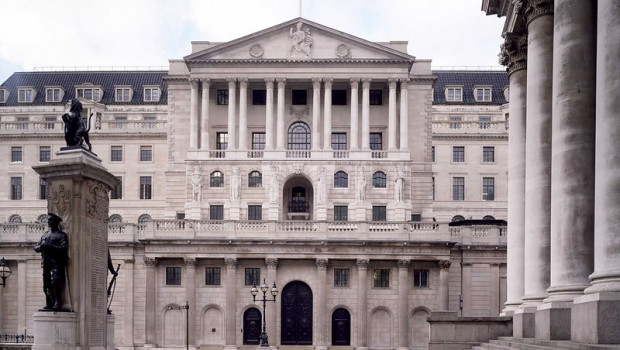Reports of delay to bond sale 'inaccurate' - BoE

The Bank of England appeared to deny reports on Tuesday that it wanted to delay selling billions of pounds of government bonds.
The central bank acquired £838bn of gilts during its quantitative easing programme. It had intended to start selling them on 6 October, but the sale was delayed until the end of this month in light of the turmoil caused by the mini-budget.
On Tuesday, the Financial Times reported that the central bank has since bowed to investor pressure and agreed to extend the delay further, until the market becomes calmer. The newspaper said that officials had made the decision after judging gilt markets to be "very distressed".
But in a brief statement, the BoE said: "This morning’s FT report, that the BoE has decided to delay MPC gilt sales (QT), is inaccurate." A spokesperson declined to comment further.
Gilt yields jumped and the pound slumped after the mini-budget, which included £45bn of unfunded tax cuts but no spending plans or economic forecasts. Since then, chancellor Kwasi Kwarteng has been sacked and his replacement, Jeremy Hunt, on Monday scrapped most of the budget.
Along with the pack’s £65bn temporary support package for the bond market, which ended on Friday, the changes to fiscal policy have helped steady gilt markets, with 30-year yields - which had reached a high of more than 5% - falling back to 4.32% on Monday.
However, yields remain considerably higher than the 3.75% seen before the mini-budget, and commentators are concerned that the still-fragile market is vulnerable to shocks.
Victoria Scholar, head of investment at Interactive Investor, said: "The central bank’s mandate to ensure the orderly functioning of financial markets remain, suggesting it would be wise for the BoE to hold off at least for not from selling bonds, which could unnecessarily add to selling pressures in an already-fragile market, given the financial contagion that a dysfunctional market sell-off would provoke."